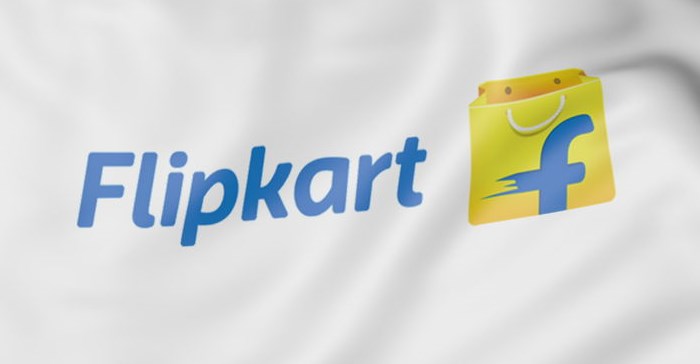NEW DELHI, India - With 100 million new internet users every year, Amazon is betting big on India, but a major new investment in homegrown rival Flipkart means the battle to dominate the fast-growing e-commerce market is set to heat up.
Flipkart announced this week that top international companies including Microsoft, eBay and China's Tencent had pledged investments totalling $1.4 billion, among the largest sums ever raised by an Indian start-up.
The 10-year-old e-commerce company needs all the help it can get to compete with Amazon after the Seattle-based giant made India's 1.25 billion inhabitants a global strategic priority, earmarking $5 billion in investment funds.
"They need to have a substantial amount of cash in order to fight in the market with Amazon," said Jaideep Mehta, South Asia director at the International Data Corporation.
Every three seconds, an Indian connects to the internet for the first time, according to Google.
One in three Indians currently uses the internet, but the number is forecast to swell by 300 million by 2020, mainly due to growing smartphone use.
McKinsey analyst Ashish Tuteja said 70 percent of online sales in India were done on a smartphone.
"It's very much a mobile-first market," he told AFP.
Projections for the size of the market by 2020 differ wildly, ranging from $50 billion to $120 billion.
But all agree that it will be worth considerably more than the current $15 billion, thanks to an expanding middle class and rapidly growing internet use.
Amazon only opened its doors in India in 2013, but quickly overtook local start-up Snapdeal to become the second-biggest player.
E-retailers in India typically adopt a "marketplace" structure, acting as platforms that connect buyers and sellers rather than stocking their own products.
Amazon marketed its services aggressively, touring markets around the country with its "chai carts" to sell the idea of e-commerce to small traders over a cup of tea.
Under another initiative dubbed "Feet-on-Street", an Amazon employee would be sent to photograph their products and help them to sign up online.
Flipkart, Amazon and Snapdeal are now engaged in a price war, with each Indian festival an occasion for aggressive cuts.
"At some point, they will have to make money," said Mehta -- something experts say will necessitate consolidation of the sector.
That process has already begun, with Flipkart absorbing two rival portals, Myntra and Jabong. According to Indian media, a deal for Flipkart to buy Snapdeal is next.
India also represents a chance for a rematch after Amazon lost out to Alibaba in China. Although currently more focused on Southeast Asia, billionaire Jack Ma's group has made no secret of its interest in India.
The Chinese giant has taken a stake in Indian online payments company Paytm and has ambitions to develop as an online sales platform in its own right.
For Amazon, India is the "last big frontier", said Mehta.
"Amazon is a 100-billion-dollars-plus retailer. To keep driving growth, they need to keep leadership positions in large markets outside the US," he said.
"They will continue to be very committed."
Source: AFP
















